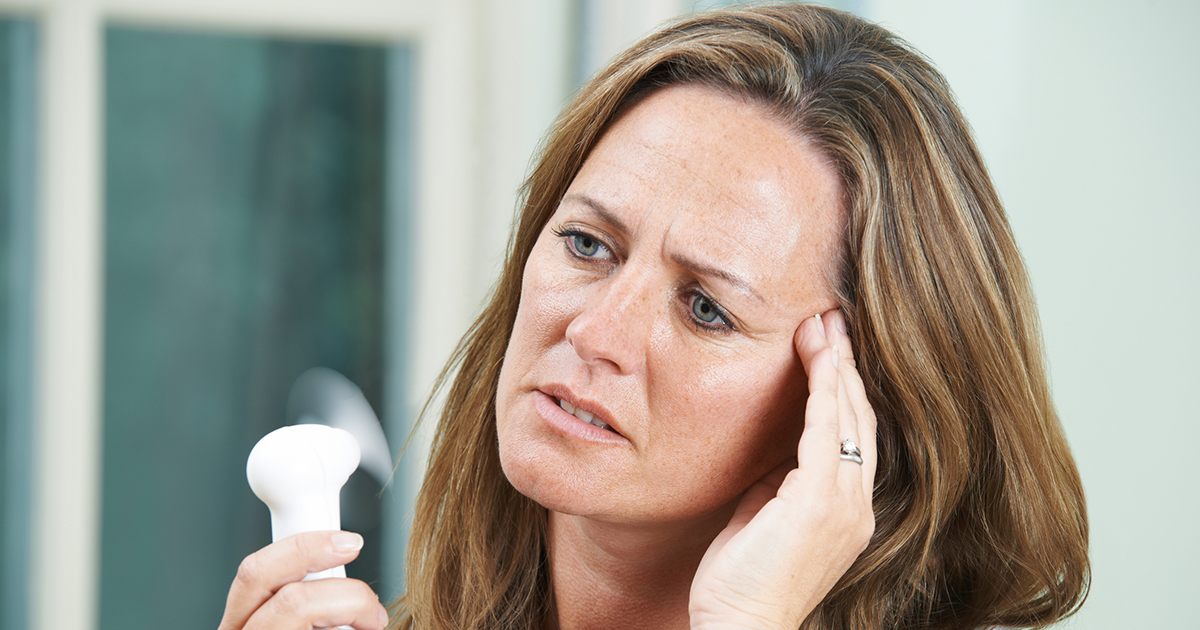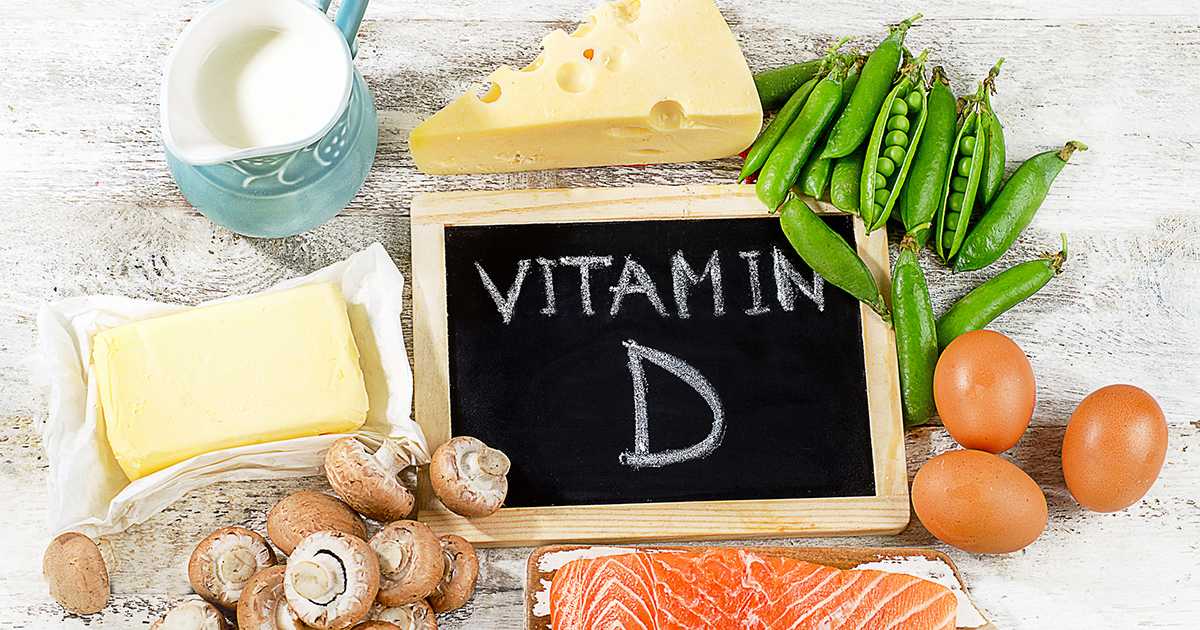Common Causes Of Osteopenia
Menopause Before Forty-Five

There is a causal link between osteopenia and menopause, which is when women can no longer ovulate, causing their monthly menstruation to stop. The result is their estrogen levels decrease dramatically. Following menopause, a woman can lose as much as half of her total bone mass within the first ten years. The direct consequence of menopause is a woman’s body suffers from a lack of estrogen, which is directly link to a decrease in their bone density. As such, if a woman hits menopause before forty-five, they start losing their bone mass even earlier, enhancing their risk of developing the bone condition exponentially. The takeaway here is the lower a woman’s estrogen levels are, the lower her bone density levels are as well. Moreover, women who go for a long time without having their periods, or those with irregular periods are at increased risk of developing osteopenia.
Keep going to understand how diet can result in osteopenia.
Diet Lacking Vitamin D And Calcium

Calcium is a vital mineral that promotes and maintains bone health. However, as you age, calcium may start getting diverted to your kidneys and intestines. Thus, if your bones stop getting enough calcium, they may become brittle and weak, and because calcium is essential for maintaining and enhancing bone mass, it is imperative to include it in your diet. The best calcium sources are milk in addition to other dairy products, as well as green veggies and other calcium-enriched products.
Individuals over fifty should aim for a daily calcium intake of about 1200 milligrams while those between nineteen and forty-nine years old should aim for approximately one thousand milligrams daily. Getting enough vitamin D is crucial since this vitamin is what facilitates calcium absorption into the bones. And therefore, by getting enough calcium and vitamin D throughout your childhood and adulthood, you will significantly lessen your chances of developing osteopenia. However, a diet lacking vitamin D and calcium might see you become susceptible to the condition.
Continue reading for more causes of osteopenia now.
